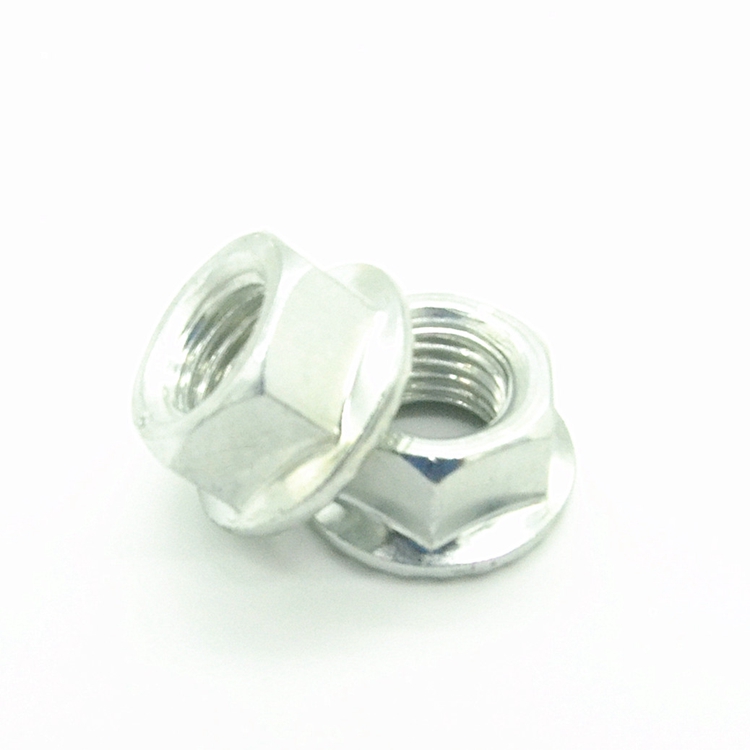Innovative Fasteners Designed Specifically for Automotive Wheel Applications and Performance Enhancement
Aug . 15, 2024 00:25 Back to list
Innovative Fasteners Designed Specifically for Automotive Wheel Applications and Performance Enhancement
Bolts for Wheels Ensuring Performance and Safety in the Automotive Industry
In the automotive industry, the importance of quality components cannot be overstated, particularly when it comes to the small but essential parts that contribute to overall vehicle safety and performance. Among these critical components are the bolts used for wheels. Bolts for wheels play a significant role in securing the wheels to the vehicle’s hubs, ultimately affecting handling, stability, and safety. This article will explore the types of bolts used, their manufacturing process, and the importance of selecting the right bolts for both manufacturers and consumers.
Types of Wheel Bolts
Wheel bolts come in a variety of sizes and types, designed to accommodate different vehicles, wheel designs, and performance specifications. The most common types include lug bolts, which have a cylindrical shaft and a tapered or flat head. Another type is the stud and nut combination, where studs protrude from the wheel hub and nuts are screwed onto them to secure the wheels in place. The choice between lug bolts and studs often depends on the vehicle type and manufacturer preferences, each having its own benefits and drawbacks in terms of ease of installation and maintenance.
The Manufacturing Process
The manufacturing of wheel bolts is a meticulous process that requires precision engineering and adherence to industry standards. High-strength materials such as carbon steel, alloy steel, or even titanium are typically employed to provide the necessary durability and resistance to wear and tear. The production process often includes cold forging, heat treatment, and surface finishing to enhance strength and reduce corrosion.
Quality control is paramount in this manufacturing process. Each batch of bolts undergoes rigorous testing to ensure they meet specifications for tensile strength, hardness, and fatigue resistance. Various national and international standards, such as ASTM and ISO, govern the quality of these components, assuring manufacturers and consumers that they are investing in reliable products.
bolts for wheels company

The Importance of Quality Wheel Bolts
The significance of high-quality wheel bolts is particularly highlighted in performance and safety contexts. In motorsports, for instance, the stresses placed on wheel fasteners are immense. A failure in this area can lead to catastrophic consequences, including wheel detachment at high speeds. Therefore, professional teams often opt for specialized high-performance bolts that offer enhanced strength and lighter weight.
For everyday consumers, the correct installation and maintenance of wheel bolts are vital for vehicle safety. Over time, bolts can loosen due to factors such as vibrations and temperature changes. Proper torque settings must be adhered to during installation, and regular inspections should be carried out to check for signs of wear or damage. Ignoring these aspects can lead to dangerous situations on the road, making it essential for both car owners and service providers to prioritize quality and proper fitting.
Choosing the Right Supplier
For automotive manufacturers and service centers, partnering with a reliable supplier for wheel bolts is crucial. A reputable company ensures that their products meet high-quality standards and provide comprehensive support in terms of technical specifications and customer service. When choosing a supplier, factors such as the range of products, compliance with industry standards, and reviews from other customers should be taken into account.
Conclusion
In summary, bolts for wheels are much more than just metal fasteners; they are vital components that ensure the safety and performance of vehicles. From their manufacturing process to installation practices, the attention to detail in producing and maintaining these small yet significant items can make all the difference both on the racetrack and for everyday driving. As automotive technology continues to advance, the demand for high-performance and reliable wheel bolts will only increase, underscoring the importance of this often-overlooked aspect of the automotive sector.
Latest news
-
Leading Metric Wood Screw Companies & Manufacturers
NewsAug.17,2025
-
Top Wire Bolts Suppliers - Quality & Durable Fasteners
NewsAug.15,2025
-
Trusted Wire Bolts Company | Quality Fasteners Supplier
NewsAug.14,2025
-
Reliable Wire Bolts Suppliers & Manufacturers for Global Needs
NewsAug.13,2025
-
High-Quality Bolts for Lawn Mower Handle Supplier
NewsAug.12,2025
-
Leading Phosphated Drywall Screws Supplier | Bulk & Custom Orders
NewsAug.11,2025
